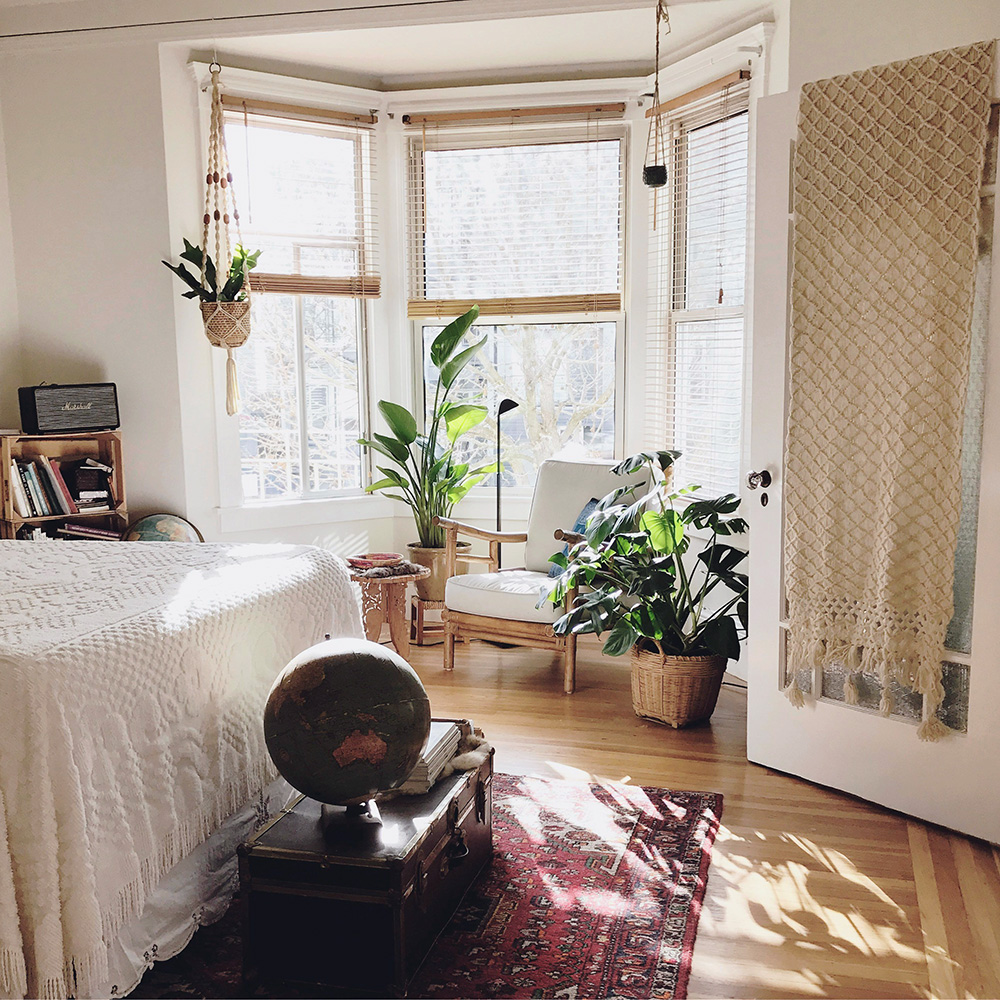As retirement approaches, many seniors and empty nesters find themselves contemplating a significant change in their living arrangements. Downsizing, or moving to a smaller, more manageable home, can offer a multitude of lifestyle benefits. This article explores these benefits, helping you understand why downsizing in retirement could be the perfect decision for you.
Financial Freedom and Security
One of the primary benefits of downsizing in retirement is the potential for financial freedom and security. By selling a larger home and moving to a smaller, more affordable property, retirees can unlock equity that can be used to bolster retirement savings, pay off debt, or simply enjoy a more comfortable lifestyle.
Reduced Housing Costs
Downsizing often leads to reduced housing costs, including lower property taxes, utility bills, and maintenance expenses. A smaller home typically requires less energy to heat and cool, and fewer repairs and upkeep, which can translate into significant savings over time.
Increased Cash Flow
The extra cash flow generated from the sale of a larger home can be used to enhance your retirement experience. Whether it’s traveling, pursuing hobbies, or investing in other areas, having additional funds can provide a sense of financial freedom and peace of mind.
Simplified Living and Maintenance
For many seniors, the thought of maintaining a large home can be overwhelming. Downsizing offers the opportunity to simplify your living space and reduce the burden of maintenance and upkeep.
Less Clutter, More Organization
A smaller home encourages a more minimalist lifestyle, which can lead to less clutter and more organization. This can be particularly beneficial for seniors who may have accumulated a lifetime of belongings and are looking to declutter and simplify their living environment.
Easier Upkeep
With fewer rooms and a smaller yard, the maintenance requirements of a downsized home are typically much lower. This means less time spent on chores and more time enjoying your retirement. Additionally, many downsized homes, such as condos or townhouses, may offer maintenance services as part of a homeowner’s association, further reducing your responsibilities.
Improved Health and Mobility
Downsizing can also have a positive impact on your health and mobility. Smaller, single-story homes or homes with accessible features can make it easier for seniors to navigate their living space and maintain their independence.
Accessibility Features
Modern downsized homes often come equipped with accessibility features such as wider doorways, walk-in showers, and ramps, which can be particularly beneficial for seniors with mobility issues. These features can help prevent accidents and injuries, allowing you to age in place comfortably.
Active Lifestyle
Many downsized communities are designed with active seniors in mind, offering amenities such as fitness centers, walking trails, and social activities. Living in such a community can encourage a more active and social lifestyle, contributing to overall well-being and quality of life.
Enhanced Social Connections
One of the often-overlooked benefits of downsizing is the potential for enhanced social connections. Moving to a smaller home or a retirement community can provide opportunities to build new relationships and stay socially engaged.
Retirement Communities
Many retirees choose to downsize to retirement communities, which are specifically designed to cater to the needs and interests of seniors. These communities often offer a range of social activities, clubs, and events, providing ample opportunities to meet new people and form lasting friendships.
Proximity to Family and Friends
Flexibility and Freedom
Travel and Hobbies
Lock-and-Leave Lifestyle
Emotional and Psychological Benefits
Finally, downsizing can have significant emotional and psychological benefits. The process of simplifying your living space and reducing your responsibilities can lead to a greater sense of peace and well-being.








